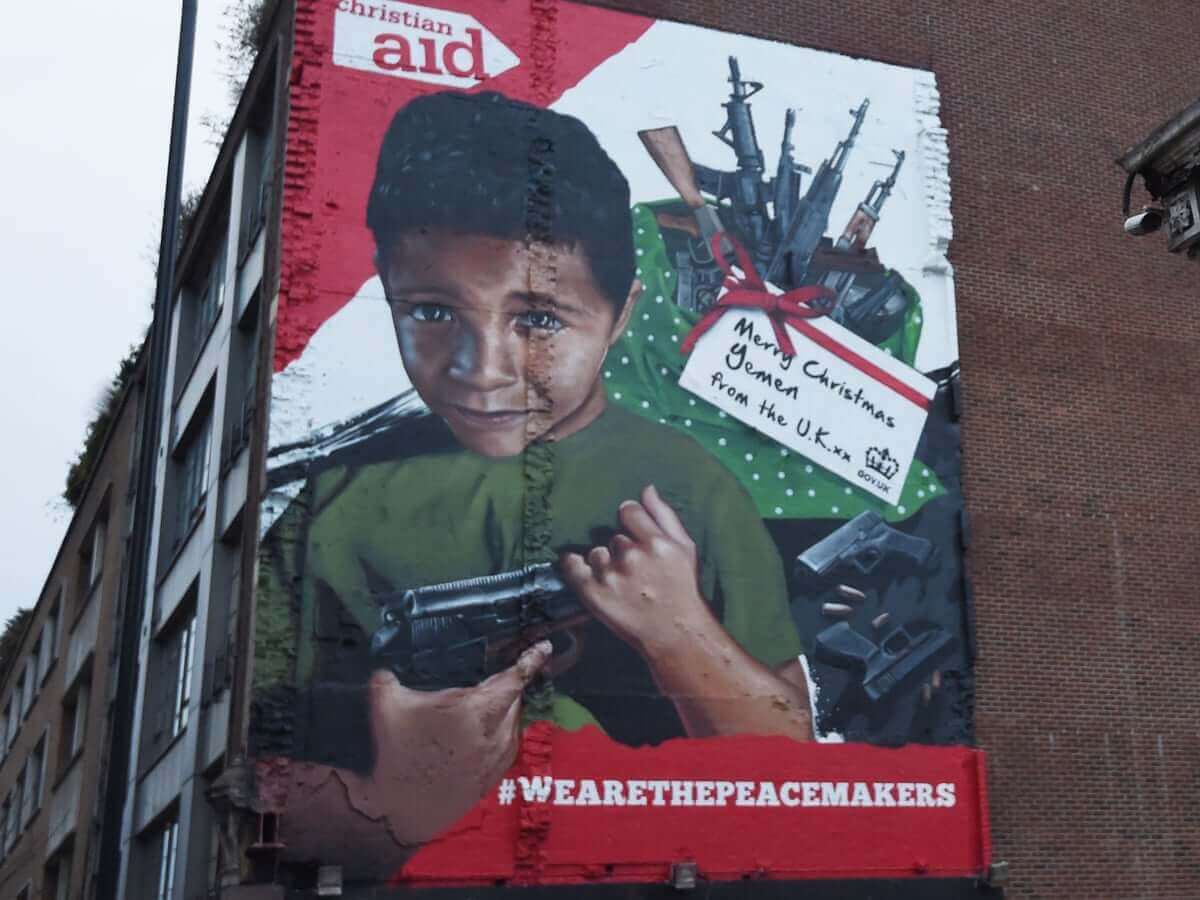The United Kingdom is set to resume its weapons sales to Riyadh despite widespread concern that the procured armaments could be used in the Yemen war.
UK’s International Trade Secretary Lizz Truss said on Tuesday that an assessment from the government showed no “clear risk” that military arms exports to Saudi Arabia would be used to commit serious international humanitarian law violations in the region. Legislators from the opposition and members of the Campaign Against Arms Trade (CAAT) have slammed the move by Prime Minister Boris Johnson’s government. Andrew Smith of the CAAT said that the government’s “disgraceful and morally bankrupt” decision would further entrench the Saudi coalition-led bombardment of Yemen, deepening the “world’s worst humanitarian crisis”.
See also: The COVID-19 Pandemic Is Deepening Yemen’s Devastating Humanitarian Crisis
Last year, a UK court had ruled in favour of a petition by the CAAT, stating that the UK government’s decision to continue exporting licensed military equipment to the Gulf power was unlawful. The judges said that incumbent ministers had no conclusive assessments and had made no attempts to gather such information that absolved allegations of the Saudi-led coalition’s international law violations during the Yemen conflict. In their decision, the judges also said that Johnson, then-Trade Secretary Liam Fox and other important ministers had, in 2016, illegally signed an arms export deal with Saudi Arabia without assessing its risk to civilians. At the time, Fox said that the Parliament would not be renewing any export licenses to Riyadh or its coalition partners as it assessed the implications of the judicial decision.
Since the Saudi-led coalition began its intervention in Yemen in March 2015, the UK has reportedly licensed upwards of £5.3 billion in arms exports to the country. The equipment has included precision-guided bombs and Tornado and Typhoon fighter jets. For Britain, the sales have provided billions in revenue and created thousands of jobs for engineers. British officials have also provided military advice to the coalition on tactics and bombing targets. Under the country’s export policies, however, the licensing of military equipment must not be granted if a credible threat is established that the weapons would be used to seriously violate international law.
In a letter to Truss in June, Labour member Emily Thornberry and other opposition party members accused the Conservative government of violating the judgment and refusing to comply by continuing to allow licenses for the export of aircraft maintenance equipment and fighter jet components. The UK’s largest arms exporter to Saudi Arabia, BAE Systems, in its 2019 review report, also confirmed that it had continued to fulfil a 2018 Typhoon contract with the Saudis. The company has sold over £15 billion worth of armaments and services to Riyadh’s military over the past five years.
Also Read: UK Sanctions Russian, Saudi, Myanmar, and North Korean Individuals and Organizations
Ironically, earlier this week, UK’s Foreign Secretary Dominic Raab had slammed sanctions on organizations and individuals responsible for human rights abuses. This included 20 Saudi nationals implicated in the death of journalist Jamal Khashoggi, who often spoke out against the Saudi royals and was subsequently murdered in the Saudi consulate in Istanbul.
Image Source: The Guardian

